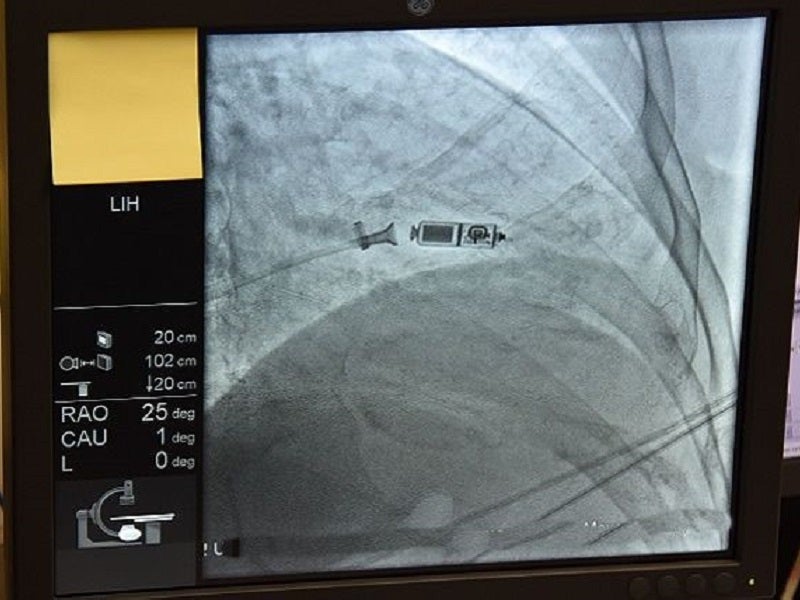The FDA has announced its intent to modernise the 510(k) medical device approval pathway early next year. The focus of this modernisation is to change the rules regarding new device reliance on older predicate devices. Instead, the FDA wants new devices to rely on predicate devices that are no more than 10 years old, to ensure new devices are incorporating the most up-to-date performance and safety standards available.
This change was announced following the International Consortium of Investigative Journalists (ICIJ) report on over 80,000 deaths in the US associated with defective medical devices over the last 10 years. With globally increasing rates of medical device usage, these technologies promise great benefit to human health around the world, but only if their safety is properly vetted and tested before being allowed on the market.
Changes to the current FDA medical device approval process
The most common approval pathway for devices is the 510(k) program, which is for low- to moderate-risk medical devices that are substantially equivalent to currently marketed devices. For instance, in 2017 over 80% of medical devices were approved through this program and approximately 20% of these devices were based on predicate devices that are over 10 years old.
Additionally, the FDA is planning to release guidance on an alternative to substantial equivalence through the use of objective performance criteria to help emphasise reliance on modern technology and safety practices. As technology improves and medical devices become increasingly complex, having robust safety frameworks is vital to keep the public safe and to encourage high confidence in device usage.
Although it is important for the FDA to crystalise the changes of the 510(k) approval pathway, it has additional plans to more actively engage safety monitoring through the development of the National Evaluation System for Health Technology (NEST). The FDA plans to collect real-world data through patient registries, electronic health records, and Medicare claims to better track and act upon safety concerns relating to post-market products.
Through the combination of an emphasis on modern technology and safety in both device approval processes and post-market outcome tracking, the FDA is looking towards making the future of medical devices safer and more reliable.

US Tariffs are shifting - will you react or anticipate?
Don’t let policy changes catch you off guard. Stay proactive with real-time data and expert analysis.
By GlobalDataIf the FDA is successful in engaging stakeholders to refine its approach to better balance the approval of novel technology with patient safety, it could redefine the landscape of safe medical device technology adoption, which has recently come under fire due to severe malfunctioning of devices ranging from heart valves to breast implants.






